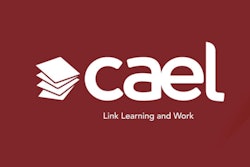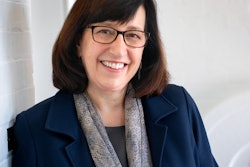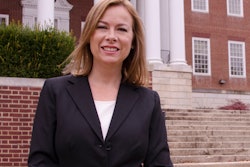Federal student aid applications from potential college first-year students in California fell 14% between mid-March and mid-August of 2020, after the onset of the COVID-19 crisis last March, according to a recent study published in Educational Researcher.
 Oded Gurantz
Oded GurantzUniversity of Missouri (UM) public affairs professor Oded Gurantz and UM PhD student Christopher Wielga served as the study’s authors. They analyzed trends in California Free Application for Federal Student Aid (FAFSA) submissions.
Despite initial decreases for current undergraduates and graduate students, the number of applications for that population were ultimately 8% higher than previous years.
Findings also indicated a 21% decrease in submissions from incoming first-year undergraduates with no prior college experience and a 7% fall from those with some experience.
“COVID is tough and it makes sense that it may make potential first-year students feel they can’t go to college, due to either overwhelming commitments or an understandable judgment that online education may not suit them in the short-term,” Gurantz said. “But we know that short-term stop-outs often harm long-term outcomes, and in the long run it’s important that these students earn their degrees.”
There was a 5% decrease in FAFSA applications from zip codes in the top third in terms of percentage of Black and Hispanic residents, with those in the lowest third instead having a 10% increase.
Gurantz and Wielga suggested some solutions, including better early outreach to students about FAFSA, simplifying the FAFSA process and extending FAFSA and college application deadlines.















